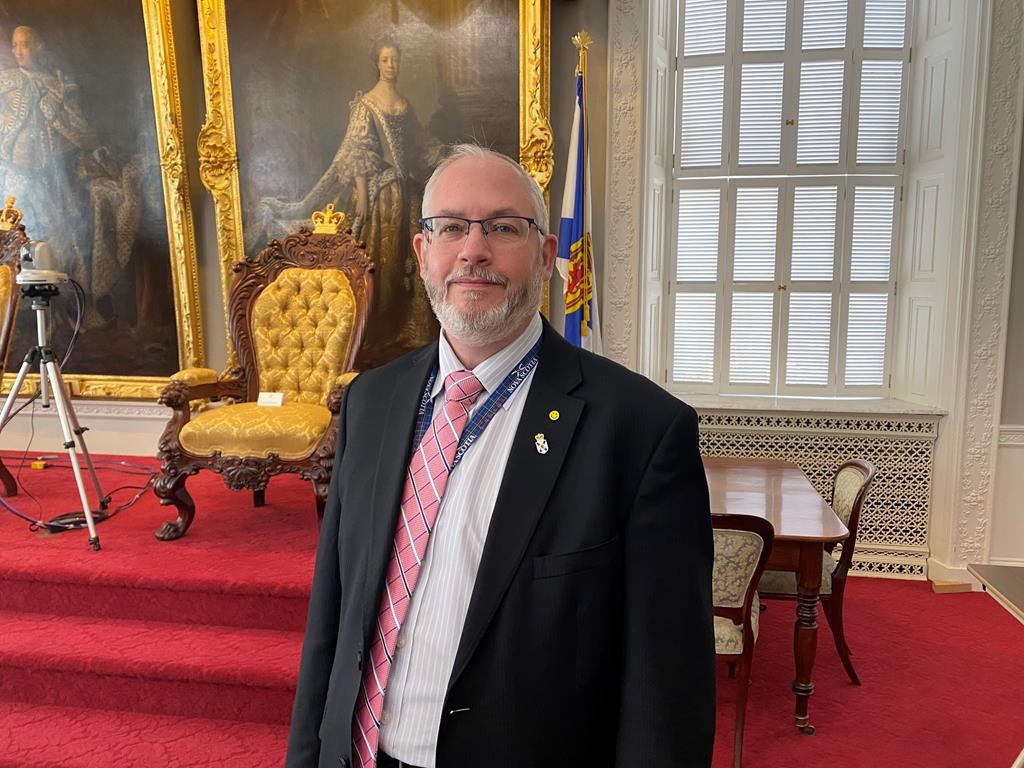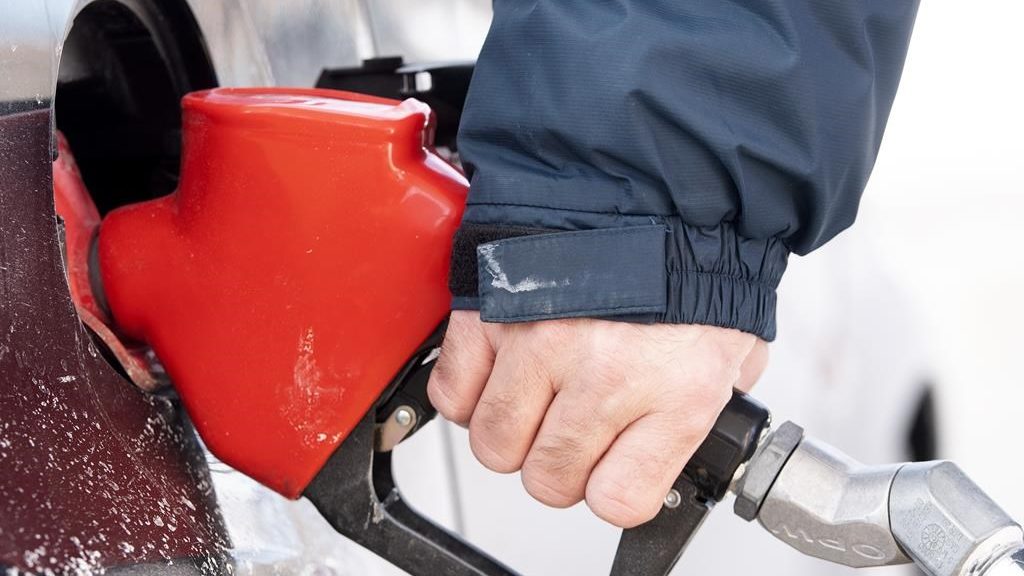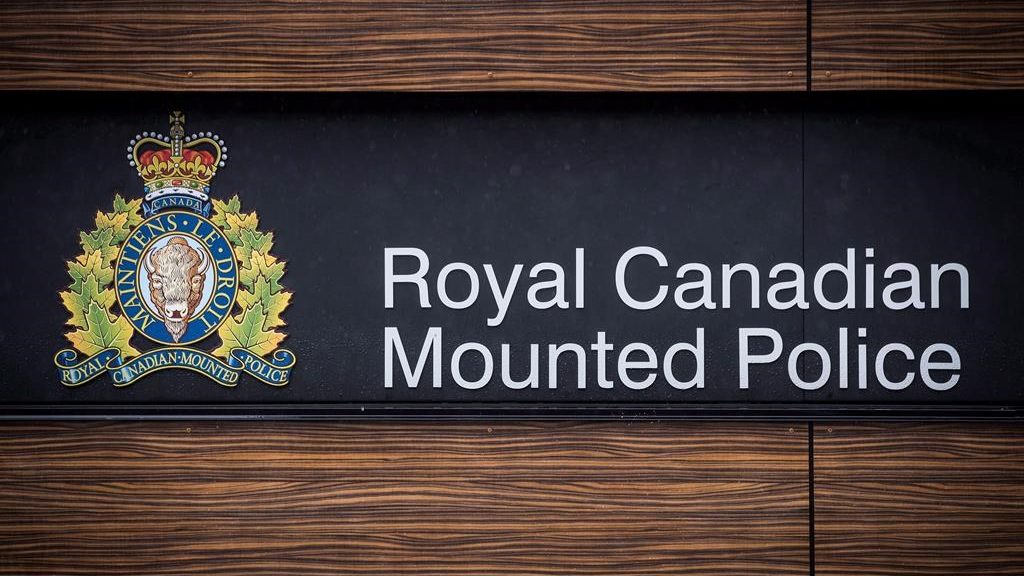Harper, other leaders may head into overtime at climate talks in Copenhagen
Posted Dec 18, 2009 01:23:25 PM.
This article is more than 5 years old.
COPENHAGEN, Denmark – Prime Minister Stephen Harper and other world leaders may extend their stay in Copenhagen to Saturday as part of a last-ditch, overtime effort to reach a deal at UN climate talks.
Reports Friday quoted the European Union’s environment commissioner, Stavros Dima, as saying: “The secretary general of the UN has asked people not to leave tonight.”
Subsequent reports had a UN spokeswoman refuting Dima’s comments, and unnamed British officials confirming them.
A Harper spokesman said negotiations were ongoing and the Canadian delegation had not yet “formally been asked to stay.”
The confusion spoke to the frenzy for a deal in the cavernous conference hall as U.S. President Barack Obama and Chinese Premier Wen Jiabao flexed their diplomatic muscles over the course of several meetings.
Obama arrived in the Danish capital Friday morning in the hopes his influence could sway the 193 countries present to get a deal done. He quickly convened a special meeting with 19 other leaders, but Harper was not on the guest list.
A spokesman for the prime minister said the Danes compiled the list for Obama’s people based on a representative mix of regions and carbon emitters. Canada is part of a negotiating bloc made up of Australia, New Zealand, Russia, Ukraine, Kazakhstan, Japan, Norway, Iceland, and the U.S.
Among the attendees were Australian Prime Minister Kevin Rudd, British Prime Minister Gordon Brown, French President Nicolas Sarkozy, German Chancellor Angela Merkel, Chinese Vice Foreign Minister He Yafei, Brazilian President Luiz Lula da Silva, and Russian President Dmitry Medvedev.
Harper had his audience with Obama over lunch Friday. The White House distributed a list of a dozen leaders the U.S. president chatted with in between bites.
Harper has kept a low profile since arriving in Copenhagen on Thursday. The prime minister hobnobbed with other leaders Thursday night at a royal dinner hosted by the queen of Denmark, passing up the chance to deliver Canada’s address to the UN climate talks. He delegated that job to Environment Minister Jim Prentice.
Canada has faced criticism from developing countries and environmentalists who accuse the government of failing to make concessions to help reach a deal – and of relinquishing the country’s historic role as a progressive on the world stage.
The Copenhagen talks have been marked by divisions between rich countries and developing nations, and between the United States and China – the world’s two biggest polluters.
China has been knocked for not offering stronger targets for reducing greenhouse gases, and for resisting international monitoring which it sees as an intrusion on its sovereignty. Other countries criticize the U.S. for coming to the talks too late with not enough to put on the table.
“I don’t know how you have an international agreement where we all are not sharing information and ensuring that we are meeting our commitments,” Obama said Friday.
“That doesn’t make sense. It would be a hollow victory.”
The U.S. stepped forward Thursday with a $1-trillion plan it hoped would break the deadlock between rich and developing countries. It offered to help raise $100 billion a year for the next decade to help the most vulnerable nations cope with a warming planet.
That includes an unspecified American contribution which would include a mix of public and private money. But there are a couple of catches: countries must agree to a climate deal in Copenhagen, and all must agree to “transparency” in reporting and verifying cuts to greenhouse gases.
Prentice has said Canada is ready to contribute to a climate-aid fund, but wouldn’t speculate on a number. He said Canada would open its books and he expects China to do the same if and when a climate deal is signed.










